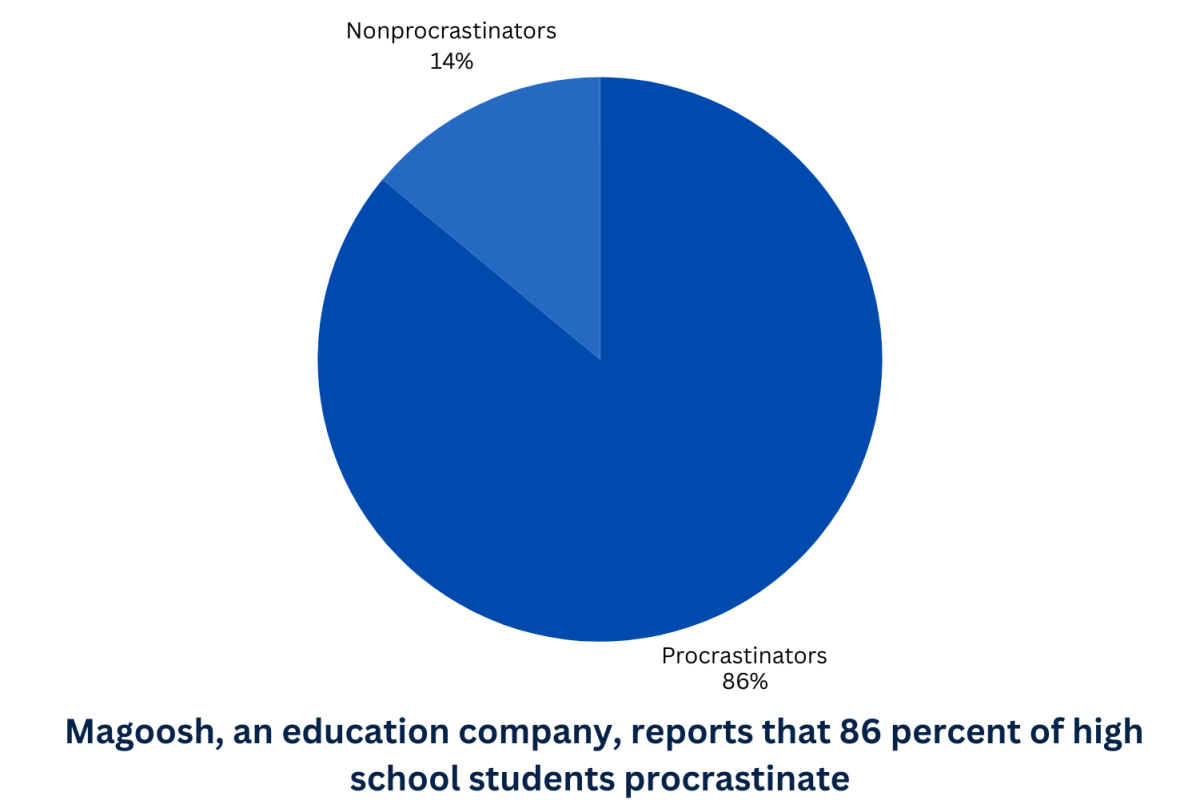Finals week can be one of the most stressful times of the year, forcing students to balance preparation for multiple exams while managing expectations for a strong performance. It is a pivotal period, but with the right strategies, you can survive finals week and finish the semester strong. Here is a guide to help you tackle finals week with preparation, mental resilience, and a focus on well-being.
1. Start Preparing Early
Preparation is key. Finals cover a semester’s worth of material, so the earlier you begin, the more you can review and absorb. Start by organizing your study materials, including notes, past assignments, quizzes, and any handouts from the semester. Create a study schedule that breaks down your subjects across several days, focusing on one or two topics per day.
By spreading out your review, you’ll reduce stress and improve retention by allowing time for repeated exposure to the material. Additionally, prioritize subjects based on difficulty and the amount of content covered. Spend more time on areas you find challenging.
2. Utilize Study Resources
Use every resource at your disposal, from class notes to online tools. Websites like Khan Academy and YouTube offer helpful resources for memorization and practice problems. Working through practice exams or past exams is a fantastic way to get familiar with the format of questions and gauge your understanding of the material.
For subjects like math and science, it’s beneficial to rework past homework problems and go through sample problems in your textbook or from class. If you’re studying history or literature, try summarizing main points, identifying themes, and creating connections between concepts.
Don’t hesitate to ask teachers for clarification on any topics you’re unsure about—most teachers are happy to help students prepare. If you are looking to make the most of your time and resources, prioritize asking the teachers of the most difficult subjects for help early on. This will ensure that you will get high-quality advice before those teachers become inevitably overloaded with help requests as the finals approach.
3. Study Actively, Not Passively
Active studying helps engage your brain and improves retention. Techniques such as self-testing, teaching concepts to someone else, and summarizing material in your own words are far more effective than passive methods like rereading notes.
If possible, study with a friend or join a study group. Teaching a concept to someone else is one of the best ways to confirm your understanding. It cannot be stressed enough how important it is to be able to teach someone else the content of a subject. Teach your parents, your friends, siblings and pets about the subjects you struggle with the most, especially difficult concepts. If you can effectively teach those people a concept, that proves mastery of the material and provides a much-needed confidence boost to keep you going on the academic grind.
4. Take Care of Your Mental and Physical Health
Sleep, diet and exercise are crucial during finals week. Aim for 7-9 hours of sleep per night to keep your mind sharp and focused. Avoid all-nighters, as they can impair memory and cognitive function. It is better if you didn’t study at all than if you tried to cram a week’s worth of Calculus content into the span of five sleep-deprived hours.
Nutrition also plays a role in your mental clarity and energy levels. Try to eat balanced meals, avoiding excessive sugar and caffeine, which can lead to energy crashes. Becoming a caffeine addict will not help you pass any of your finals, and will instead lead to chronic fatigue and a sense of grumpiness in the morning.
Exercise can also relieve stress and improve mood. Taking short walks in your home, doing a few stretches, or even practicing mindfulness exercises like deep breathing can help you stay calm and focused.
5. Stay Organized with Time Management Techniques
This is arguably the most important tip. Staying organized and managing your time effectively will reduce stress. Break up your study sessions with breaks and track the amount of time you spend on each subject. If you find yourself doom-scrolling on your phone or obsessing over every notification you receive, follow these instructions:
- Unlock your phone and navigate to the settings window.
- Set the volume setting to silent (not even “buzz when notification”).
- Firmly grasp your phone in your hand and walk to the bathroom.
- Open the nearest cabinet and store the phone inside (close the cabinet).
- Walk back to your study area and begin studying (leave the phone there until morning).
6. Practice Positive Self-Talk and Mindfulness
It is pointless to wallow in guilt, shame and self-doubt before finals. Feel free to do so after studying and completing final exams. If you feel negative emotions while studying, recite these words in your head from the critically acclaimed and motivational documentary “The Lego Movie”:
“You are the most talented, most interesting, and most extraordinary person in the universe, and you are capable of amazing things because you are the Special.”
7. After Each Exam, Move Forward
Let it go. Once you’ve completed an exam, resist the urge to dwell on it. It’s tempting to go over every question and worry about your answers, but this only adds stress. Focus on what you can control—preparing for the next test—and remind yourself that you’ve done your best.
8. If All Else Fails…
In the unfortunate event that you have not heeded these instructions in time and find yourself unable to adequately prepare for all of your exams, be not afraid. In this situation, it is advisable to take a tactical “L” on one of your courses. This means sacrificing time spent studying for one subject to prioritize studying for a class that you feel confident in acing the final exam. Everyone does it but is afraid to admit that this is a valid strategy that will be exceedingly beneficial in the long run (ie. college). It is optimal to sacrifice a class in which you have a high grade, as the high grade will be able to minimize the damage of low final exam performance.
Reward yourself at the end of finals week. Celebrate completing a tough week with something that makes you happy, whether it’s a meal, hanging out with friends, or a favorite activity. Finals week is challenging, but with preparation, balance and positivity, you can perform well and keep stress under control.




![Mr. Abullh Ali, manager/assistant, helps open Queen Yemeni Coffee in downtown Libertyville at 606 North Milwaukee Ave. With the help of employees such as manager and LHS senior Yousef Taha, they are able to bring the Yemeni and Ethiopian culture to Libertyville by using their Queen spices, cinnamon and cardamom in their drinks such as Adani Chai, which is inspired by Sheda, the Queen of Yemen and Ethiopia. “The history of our coffee [is] a long history and we believe that Yemen and Ethiopia started the coffee and we are bringing something unique to the community,” Mr. Ali said.](https://www.lhsdoi.com/wp-content/uploads/2025/04/Photo-1-1200x800.jpg)






